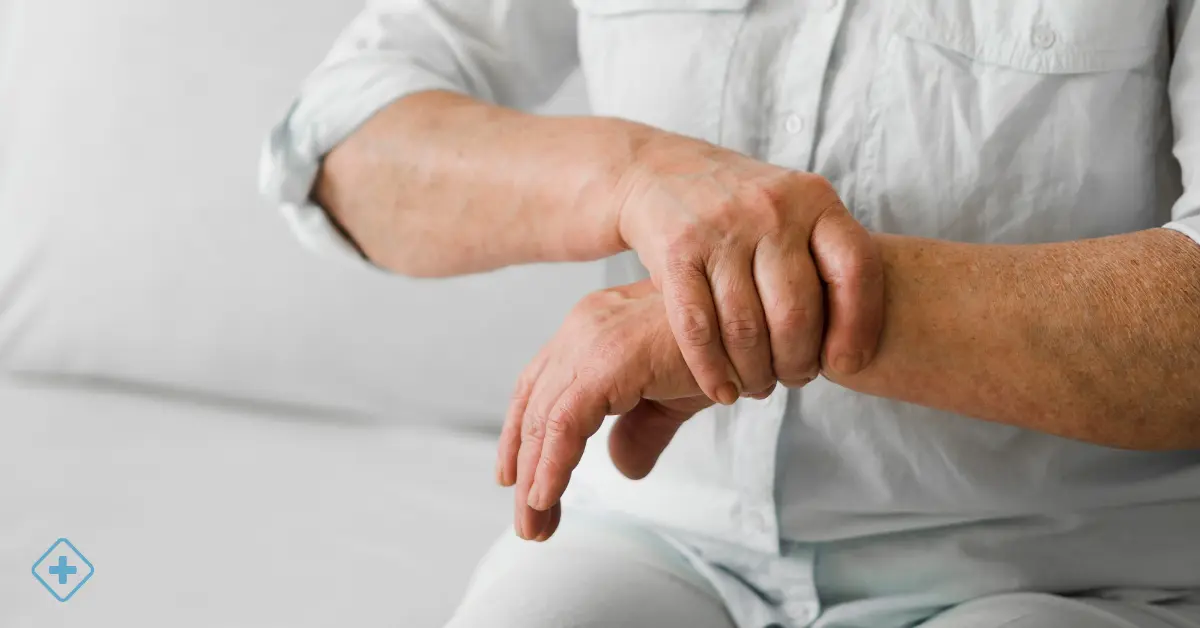
Osteoporosis
Osteoporosis is an illness that causes the bones to weaken. Learn more about symptoms and diagnosis.

Osteoporosis is an illness that causes the bones to weaken, making them more fragile and causing possible fractures when having a fall, bending over, or even in some cases when coughing. Osteoporosis fractures are usually more common in the wrist, hip, or spine.
Bone is living tissue that continually breaks down and replaces. Osteoporosis is caused when the reproduction of new bone slows down than the loss of old bone.
This disease affects both women and men, white and Asian women, of adulthood, in a post-menopausal stage, are more likely to suffer from this disease. A good diet accompanied by some exercises can help prevent bone loss and strengthen weak bones.
Causes of Osteoporosis
Bones are renewed continuously; bone loss occurs when more old bone is reabsorbed than new bone. Sometimes a bone loss can arise unexpectedly or from thin bones that can run in families.
The body requires minerals, calcium, and phosphate to create and maintain healthy bones.
following we group together some of the most common causes that may cause osteoporosis:
-
Family history of osteoporosis
-
Not having the necessary calcium to form new bone tissue
-
Lack of foods with calcium and vitamin D
-
Excessive alcohol consumption
-
Decreased estrogen in women, this can happen at menopause
-
Absence of menstrual periods for an extended period
-
Decreased testosterone in men, this can occur in aging
-
The body does not absorb the necessary calcium from food; this can happen after gastric bypass surgery
-
Having some diseases that cause more inflammation in the body
-
Low body weight
-
Eating disorders
-
Smoking
-
Consumption of certain medications, such as seizure medications, hormonal treatments for prostate or breast cancer, and steroid medications which are taken for more than three months
Symptoms of Osteoporosis
Osteoporosis, as well as Hypertension, and other chronic diseases, is usually asymptomatic... until the moment the patient suffers a fracture due to bone fragility. After this event, the consequences of Osteoporosis begin to be evident.
As the disease progresses and weakens the bones, the following symptoms may occur:
-
Acute pain in the back, caused by a fractured vertebra
-
Loss of height over time
-
Humpback pose
-
Breakage of unexpected bones
Risk factors
The following are some risk factors that increase the probability of suffering Osteoporosis:
-
Age
-
Family history, if any of the parents, siblings, or more than a relative has this disease, the chances of developing it increase.
-
Race, white people or of Asian descent are more likely to suffer from Osteoporosis
-
Lifestyle
-
Body size, people with small body structures are at risk of having less bone mass to use as they age
Diagnosis of Osteoporosis
The Orthopedist or Traumatologist will perform various tests and questions based on your symptoms, lifestyle, and medical history.
The most common test is painless and is performed using a machine that allows bone density to be measured. This machine uses low levels of X-rays that can determine the proportion of minerals in the bones.
Generally, only a few bones are analyzed, usually located in the hip and spine.
Treatment of Osteoporosis
Osteoporosis treatment depends on its type and severity.
Medications to treat Osteoporosis are:
-
Bisphosphonates
-
Monoclonal antibodies
-
Estrogen
-
Medicines to strengthen bones
Living with Osteoporosis
We group together some of the things to consider that could help us to know how to act against the effects of this disease and prevent possible fractures or complications.
-
Do the exercise regularly
-
Eating calcium-rich foods
-
Consume vitamin D
-
Don´t smoke, it increases the rate of bone loss and the possibility of fracture
-
Do not consume alcohol in excess; it can decrease bone formation
-
Maintain a healthy weight
-
Eat healthily
-
Take safety measures at home to avoid accidents
When should I see a doctor?
Make your appointment with the Doctor in case of presenting any of the mentioned symptoms or in case of detecting another abnormal sign.
The Orthopedist or Traumatologist is in charge of treating these types of diseases; he will be in charge of making a diagnosis to identify the cause of the symptoms and identify the severity of the condition.
When consulting your Orthopedist or Traumatologist, try to keep a record of your pain with a detailed description of the symptoms, duration, and what you think triggered them. Also, mention any medications you are taking. Preventing Osteoporosis can be the first step to keep it under control.
BlueNetHospitals - Hospital Los Cabos
BlueNet Hospitals
Health Library
Orthopedics and Traumatology

Hip Dysplasia
The symptoms of hip dysplasia vary depending on the individual's age
Osteoarthritis
Osteoarthritis is a disease that affects the joints in the body.
Kyphosis or Scheuermann’s disease
Causes, Symptoms, Diagnosis and Treatment. Schedule your appointment at BlueNetHospitals
Wrist Ostheosynthesis
Surgery performed to help relieve pain and improve mobility and function in severely damaged wrist joints. Schedule your Appointment Today.
- Do You Need an Appointment with a Specialist?
- call us
- write us
- let's talk





